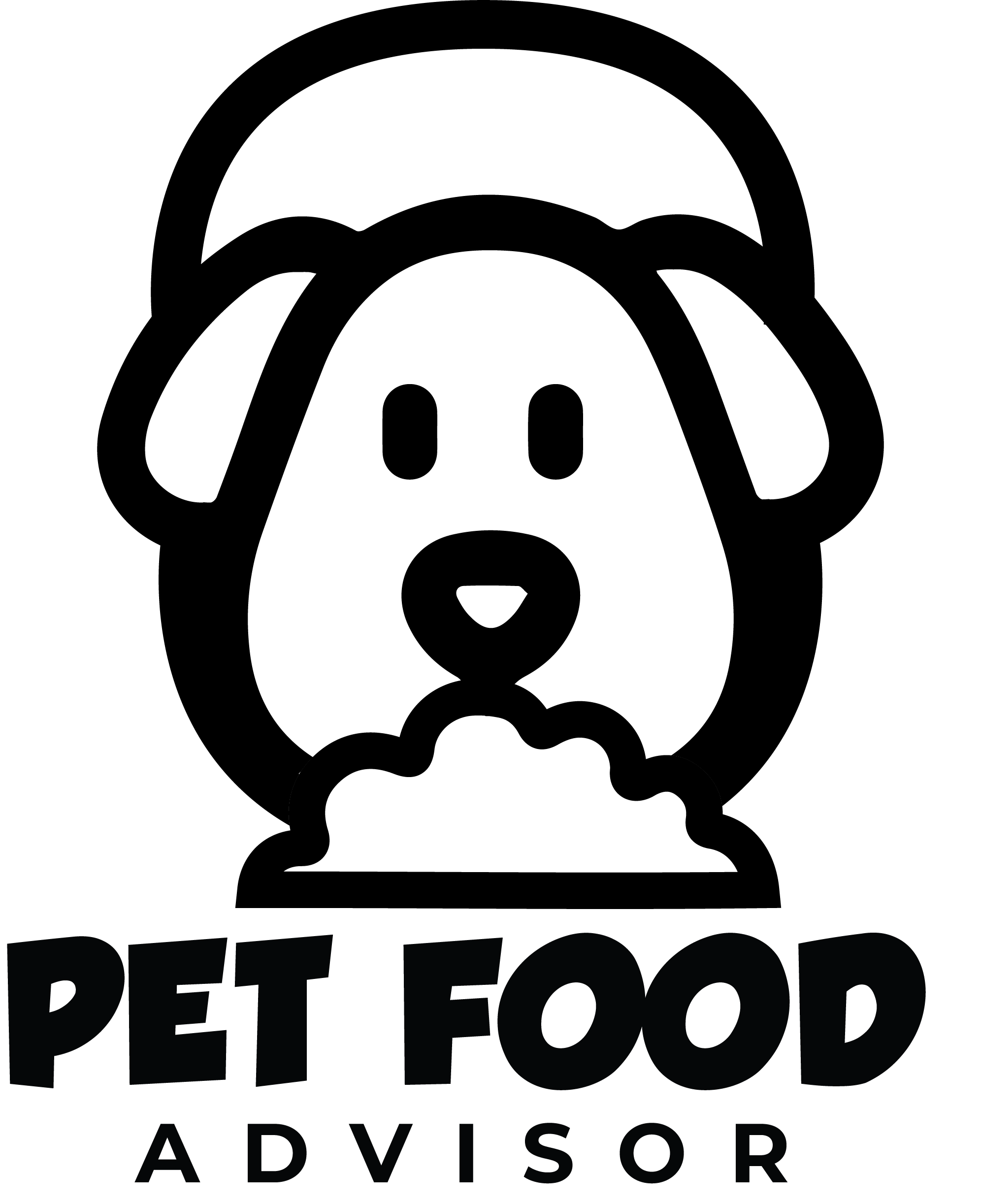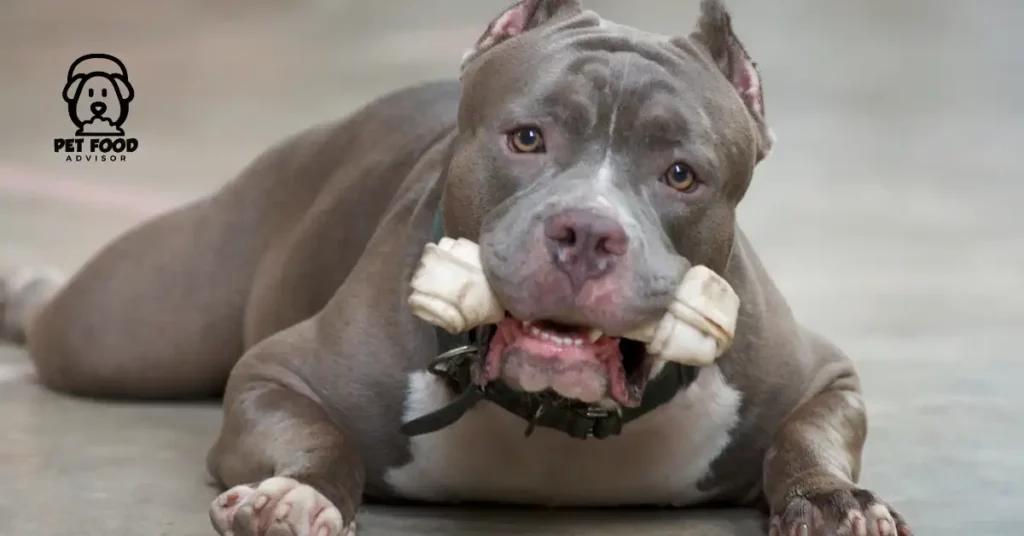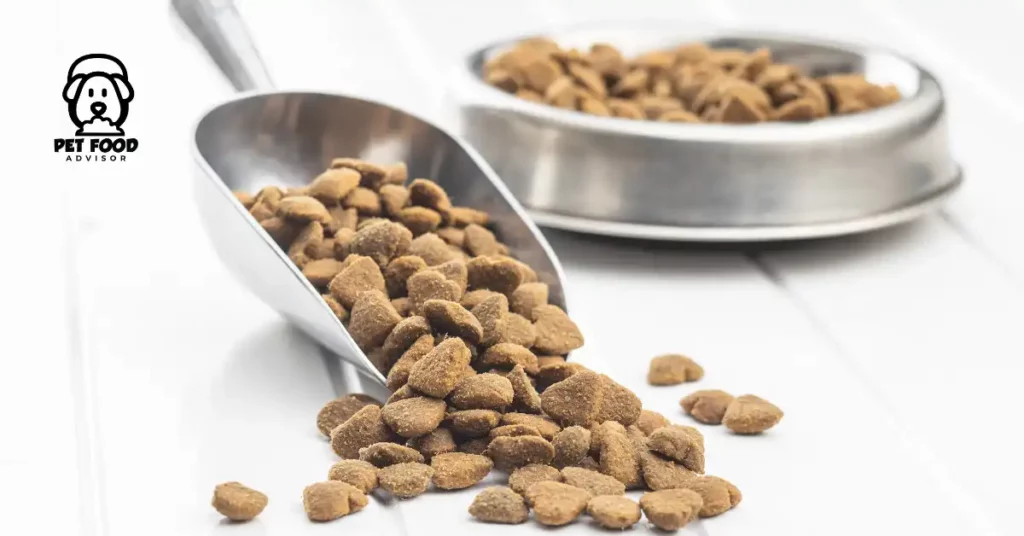Reasons To Avoid Bad Dog Food Brands for Dog Health
Buying a dog and just feeding him an unknown bad dog food brand. Is it enough for any dog’s good health and worth living? Being a pet owner, it’s our responsibility to make his diet nutrient-rich by opting best dog food brands for his good health.
Paying attention to your dog’s food ingredients is another crucial aspect. For dog owners, identifying bad dog food brands and a closer look at nutritional considerations isn’t quite easy. Like human food, the ingredients are listed on the dog food label. Pet parents who always try their best to know how to read these labels to measure whether a specific brand offers high-quality nutrition for their dogs, make a compassionate bond among them.
Pet handlers often get confused while choosing dog food recipes and dog food brands for their first furry. For your convenience, we have already compiled the list of worst dog food brands.
As you know, there are 600 brands of dog food available in the market. However, selecting the best dog food is very important for dog health. We need to choose the food cautiously because all the foods are not suitable for your dogs.
Ingredients to Avoid in Dog Food
The main reason to avoid any dog food brand is their key ingredient. Maybe your dog is allergic to some ingredients like mushrooms, onion, and chow depending upon your dog’s physical condition. The most reliable approach to selecting dog food is seeking advice from a veterinarian. Your dog vet knows more about your dogs than anyone else. You need to choose the food by considering factors like age, gender, health, and more.
If you’re shopping independently without veterinary guidance, there are key dog food ingredients to watch out for.
Meat By-Products
Dog food standards differ from human food standards, leading some brands to use questionable ingredients. Mainly, many include meat by-products. Organs and limbs are protein-rich but may not offer optimal support for your dog’s health. It’s advisable to avoid them if possible. It ensures a well-rounded diet for your dog requires sufficient protein. When checking the dog food label, ensure the food contains quality cuts of meat instead of relying solely on by-products.
Filler Ingredients
Dog food companies aim for profits, leading to using filler ingredients to bulk the food. Examples include corn, wheat, and soy. It’s important to note that fillers and grains aren’t necessarily harmful. The problem arises when these ingredients compromise the overall nutritional value of the dog food. Fillers add volume to the food and increase calorie count, creating the illusion of a whole, nutritious meal. However, these ingredients often don’t offer significant nutritional benefits.
Certain fillers like soy and corn can be rigid for dogs to digest, potentially leading to health issues. While they might make your dog feel full, they may not contribute positively to their well-being.
Artificial Ingredients
Some dog food brands resort to using inexpensive and unhealthy meat sources. On the other hand, certain manufacturers choose food dyes and preservatives to enhance the visual appeal of their products.
While artificial flavors might make your dog’s food tastier, consider whether these additives benefit the product before choosing dog food with artificial colors or flavors. It is wise to avoid dog food brands that rely on artificial ingredients. If you’re uncertain, consult your dog’s veterinarian for advice on natural food options that suit your furry friend’s needs.
Read More : Truth About Acana Dog Food By ACANA
5 Bad Dog Food Brands to Avoid
Alpo by Purina
Purina is a well-known name in the pet food industry, but there are reasons to be cautious about some of its offerings. Despite their claim to care for pets, the ingredients in their products could be better. Some main ingredients found in Alpo include soybean meal, beef fat with tocopherols (a form of vitamin E), ground corn and corn gluten, potassium, and choline chloride.
Corn is often an allergen for many dogs and lacks significant nutritional value. It’s often used as a cheaper alternative to more beneficial ingredients. Many of the components in this brand primarily contribute to caloric content without offering substantial nutritional benefits. Reports from experts and pet owners have indicated instances of dogs falling ill after consuming this food.
The brand may emphasize affordability, but some dog owners hesitate to compromise their pets’ health for a low-cost, low-nutrition commercial option. The protein quality in Alpo’s dog food is below average and needs to provide sufficient daily protein intake for dogs.
Adding “animal fat” may not necessarily indicate a healthy ingredient. Claims of containing vitamin E don’t guarantee superior health benefits. The vitamin is used for marketing purposes, and processed animal fat might not offer substantial nutritional value. Vitamin doesn’t necessarily have a positive impact on a dog’s health. The animal fat used in this food tends to be highly processed.
Diamond Dog Food
Diamond is a dog food brand that falls between the bad dog food brand and the best on our list. While not the worst, some of its products must meet the standards for high-quality dog food. A significant concern is that certain Diamond dry food products lack accurate meat content. This poses an issue as these products are often marketed as premium dog foods, yet they barely qualify as average. Notably, a key indicator of good dog food is the presence of real meat.
This food does contain essential minerals; the drawback is its insufficient protein content. Plant-based proteins can complement meat proteins, but relying solely on plant sources would lead to protein deficiency in your dog. Ingredients like soy, wheat, and corn provide some nutritional value in this dry dog food, but it’s worth noting that it doesn’t include artificial colors or substitutes. While this is a positive aspect, considering other options with higher-quality ingredients might be wise if within your budget.
Purina Dog Chow
Purina Dog Chow is a brand that might surprise those familiar with their long history in pet food production. Although they have extensive experience, some concerns arise when evaluating their dog food products. It is mainly based on ingredient lists and customer experiences. Artificial ingredients stand out in their food, a factor often linked to pet digestive problems. The addition of meat and bone meal raises concerns, mainly when the origin of the meat is unclear. This could lead to issues like intestinal congestion and obstructions.
Customer dissatisfaction often stems from the food’s relatively high cost. While premium dog food can justify a higher price point, the quality of ingredients matters significantly.
Read More: Reasons to give Your Dog Chew Bones
Kal Kan Complete Adult Dog Food
Kal Kan Complete Adult dog food reveals the common utilization of filler ingredients. It uses corn as a main ingredient in their recipes. The presence of corn raises concerns due to its limited nutritional value, which offers only empty calories for your dog. Moreover, corn often comes with a downside, which risks potentially harmful pesticides, herbicides, and chemicals that can negatively impact your pet’s health.
Kal Kan also includes bone meal as a significant component. A bone meal is a mixture of ground animal bones and cartilage. Additionally, this brand incorporates other fillers like soybean and wheat, along with the addition of chicken by-products.
The ingredients in the Kal Kan bad dog food brand might not be directly harmful, but it’s crucial to note that these filler elements cannot replace the essential nutrients that proteins and vegetables offer. For optimal well-being, seeking dog food options rich in beneficial ingredients is advisable.
Read More: 5 Best Dehydrated Dog Food
IAMS Dog Food
IAMS is a well-known brand in the United States. But you must know it is the optimal choice for your dog. The ingredient of IAMS dog food is chicken, which appears as the first ingredient, indicating the presence of meat. It also includes cornmeal and sorghum, inexpensive filler products offering minimal nutritional value to your dog.
While meat and meat by-products are listed, it’s essential to recognize the ambiguity surrounding the origins of these animal by-products. These could encompass bones, organs, and various leftovers sourced from the slaughterhouse, raising concerns about the quality of ingredients. A distinctive component of IAMS Dog Food is beet pulp. Although included as a critical ingredient, beet pulp possesses a high sugar content that could contribute to obesity in dogs.
Conclusion
Recognizing and avoiding bad dog food brands is crucial for your pet’s well-being. Some brands, despite popularity, need more quality ingredients and proper nutrition. These subpar options can lead to health issues like allergies and digestive problems. Responsible pet owners should be cautious, prioritize well-known and trusted brands, and read ingredient labels. While the variety of choices is vast, ensuring your dog’s food is safe and nutritious is paramount. Steering clear of unreliable brands can help your furry friend lead a healthier and happier life.





